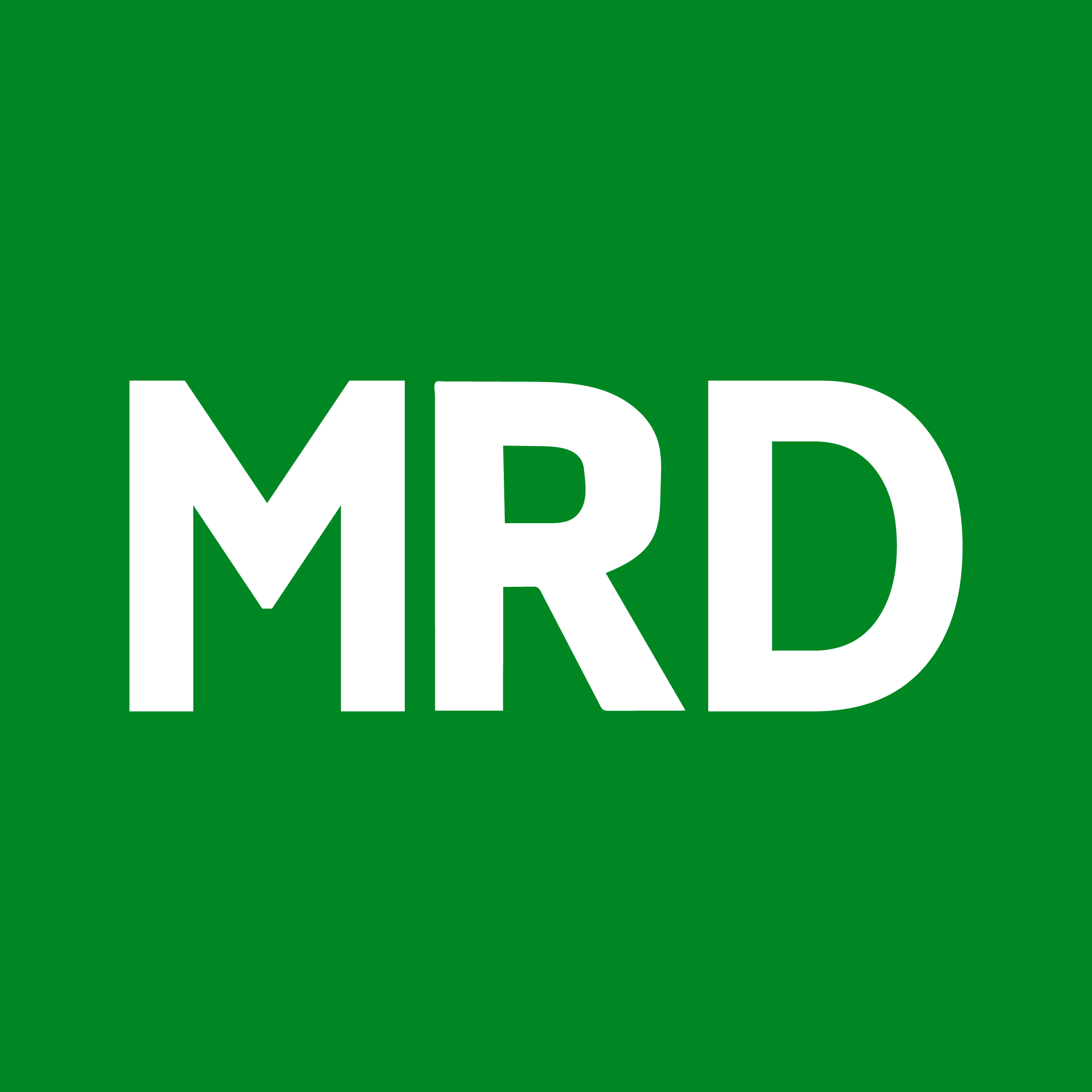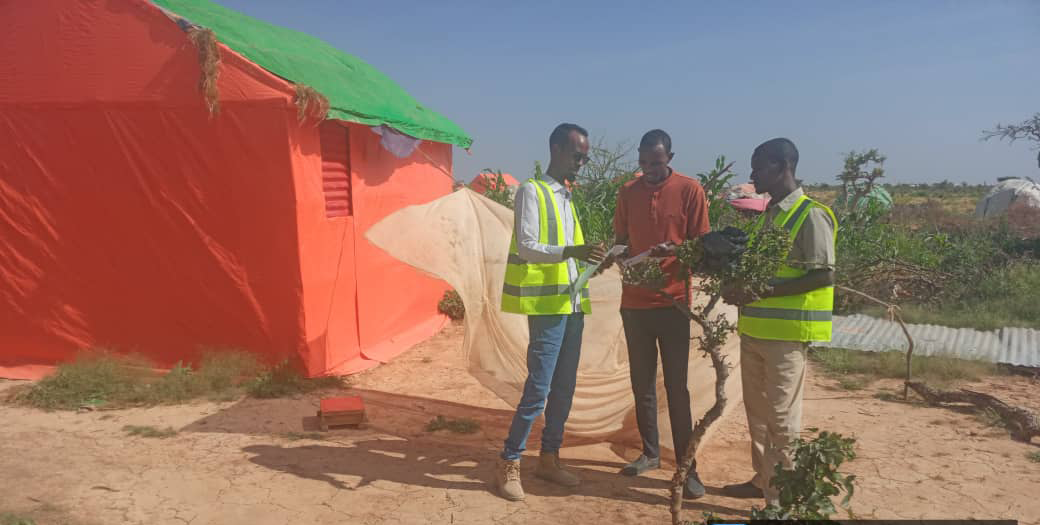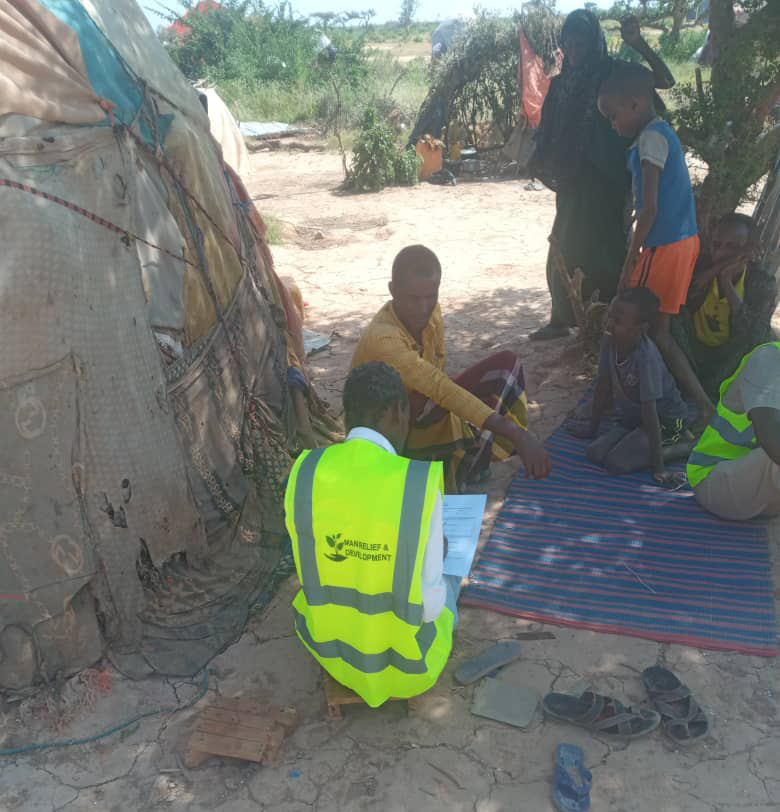MRD has conducted a 3-day community-level assessment aimed at addressing the genuine needs of the communities residing in Ceelbarde and Yeed districts in Bakool, Somalia. This assessment was undertaken in response to the ongoing humanitarian crisis and the devastating effects of the El-Nino floods. MRD initiated a comprehensive community-level assessment that encompassed three crucial sectors, namely, Water, Sanitation, and Hygiene (WASH), Food Security and Livelihoods (FSL), and Health and Nutrition.
The assessment’s primary objectives were to gain a profound understanding of the current WASH-related needs in these two districts, identify immediate and long-term challenges relating to food security and livelihoods, and assess the existing health infrastructure and nutritional status. The ultimate goal of this assessment was to formulate effective strategies that could mitigate the impact on vulnerable populations.
By conducting this assessment, MRD sought to gather valuable information that would enable them to develop targeted interventions and prioritize resources based on the identified needs. The assessment process involved engaging directly with the communities, listening to their concerns, and conducting in-depth interviews and surveys.
In the WASH sector, the assessment aimed to assess the availability and accessibility of clean water sources, sanitation facilities, and hygiene practices within the communities. This information would help MRD identify gaps and develop strategies to improve water and sanitation infrastructure, promote hygiene education, and prevent waterborne diseases.
Regarding food security and livelihoods, the assessment aimed to identify the immediate and long-term challenges faced by the communities in terms of accessing sufficient and nutritious food. It also aimed to evaluate the existing means of livelihood and identify opportunities for sustainable income generation. This information would guide MRD in designing appropriate interventions such as agricultural support, vocational training, or income-generating activities.
In the Health and Nutrition sector, the assessment aimed to evaluate the existing health facilities, their capacity to provide essential healthcare services, and the nutritional status of the community, particularly among vulnerable groups such as children and pregnant women. The findings would assist MRD in developing strategies to strengthen the health infrastructure, improve access to healthcare, and address malnutrition through targeted interventions and awareness programs.
By conducting this comprehensive community-level assessment, MRD demonstrated their commitment to understanding the real needs of the affected communities and formulating evidence-based strategies to alleviate their suffering. The findings of this assessment will serve as a crucial foundation for MRD’s ongoing humanitarian efforts in Ceelbarde and Yeed districts, ensuring that resources are effectively utilized to meet the most pressing needs of the vulnerable populations.





